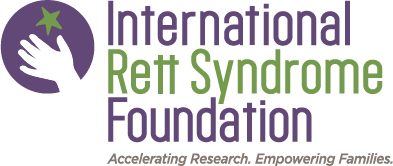CDKL5 Databases
Welcome
Welcome to the CDKL5 section of RettBASE. Similar to its MECP2 counterpart, this database contains information pertaining to CDKL5 mutation and polymorphism data from published literature, as well as data directly submitted to us from laboratories or researchers.
In the early years after the identification of CDKL5 as a disease gene, patients were often classified as having a more severe form of Rett syndrome, the so-called Hanefeld variant. However, as more individuals with pathogenic CDKL5 variants were identified, it was recognised that individuals with CDKL5 mutations have a clinical picture that is very distinct from Rett syndrome, and most agree that it should be considered to be a distinct clinical entity,widely recognised as the CDKL5 Deficiency Disorder (see: PMID 22872100, 27528505 and 30928302)
You may browse or search for CDKL5 mutation and polymorphism data using the various links below. The CDKL5 database can be queried by one of two formats: variant or proband. The 'proband' style search is comparable with the existing MECP2 RettBASE search functions, and includes basic information (such as phenotype, familial/control screening results, X-inactivation results, etc). The 'variant' search allows users to view only the information pertaining to the variant, and may be useful for those interested in the pathogenicity classification or functional effects of a particular variant.
In addition to a table display, users may also view the full comprehensive data for any particular single variant/proband as a form. Simply click on the cDNA nomenclature (for the variant form) or the proband ID number (for the proband form) in any of the results in the tabular format.
We hope you enjoy the new search formats as well as the display output. Please send us any feedback/suggestions/bug reports.
Note regarding CDKL5 variation nomenclature: Two refseq transcripts are available for CDKL5. Although they encode the same protein, their 5'UTR (untranslated region) are different and this may affect the numbering of the exons upstream of exon 2 (containing the translation start codon). Please refer to our reference sequence page for the reference sequence used in this database. In addition, alternate exons for CDKL5 have been described but these are not recognised in either of the NCBI reference sequences (see Williamson et al., 2012, Fichou et al., 2011 and Rademacher et al., 2011 for details). Please also refer to Diebold et al., 2014 regarding pathogenicity of CDKL5 variants in exons 19, 20 and 21.
General information on mutation nomenclature can be found on our resources pages.


